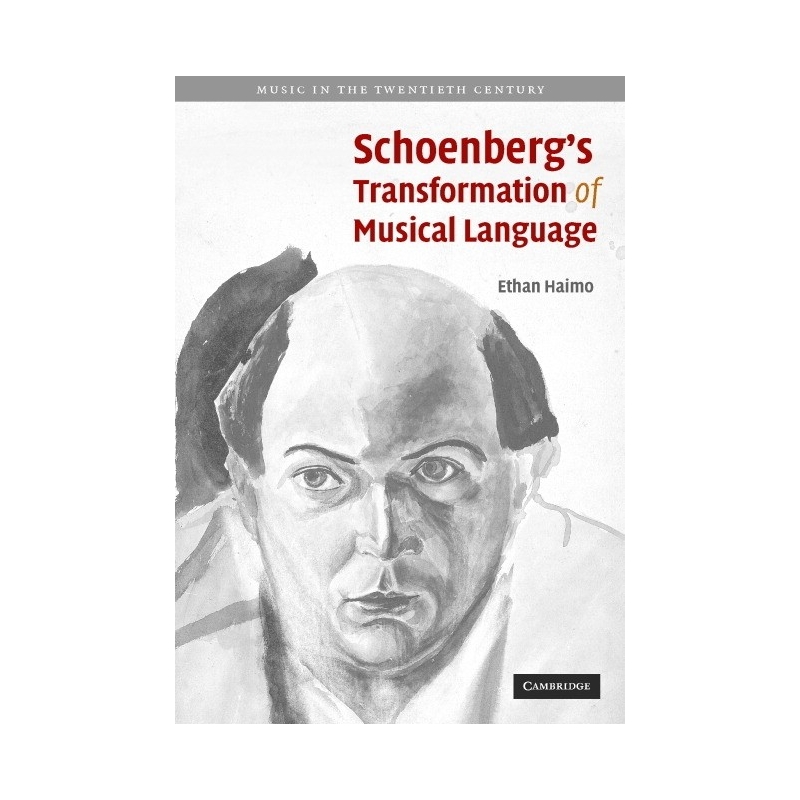Ethan Haimo
Arnold Schoenberg is widely regarded as one of the most significant and innovative composers of the twentieth century. It is commonly assumed that Schoenberg’s music divides into three periods: tonal, atonal, and serial. It is also assumed that Schoenberg’s atonal music made a revolutionary break with the past, particularly in terms of harmonic structure. This book challenges both these popular notions. Haimo argues that Schoenberg’s ‘atonal’ music does not constitute a distinct unified period. He demonstrates that much of the music commonly described as ‘atonal’ did not make a complete break with prior practices, even in the harmonic realm, but instead transformed the past by a series of incremental changes. An important and influential contribution to the field, Haimo’s findings help not only to re-evaluate Schoenberg, but also to re-date much of what has been defined as one of the most crucial turning points in music history.
Bibliographic Details
Contents
- Preface
- 1. Atonality: a revisionist thesis
- 2. Based on tradition: Four Songs, Op. 2, 1899
- 3. The principle of incremental innovation: Verklärte Nacht, 1899
- 4. Conservative song-cycle, progressive cantata: Gurrelieder, 1900–1911
- 5. Programmatic music and its implications: Pelleas und Melisande Op. 5, 1902–3
- 6. Consolidation: Songs, Op. 3, 1903–4
- 7. Abstract form, secret program: String Quartet, Op. 7, 1904–5
- 8. Referencial centres? Lieder and Fragments, Fall 1905
- 9. Absolute music and its consequences: Chamber Symphony, Op. 9, 1905–6
- 10. Crisis: Friede auf Erden, Op. 13, Ballades, Op. 12, and the reception of Shoenbergs music, August 1906–July 1907
- 11. Motivic economy: String Quartet No. 2, Op. 10, movements one and two, March–December 1907
- 12. Until then I lacked the strength and confidence: Two Songs, Op. 14, December 1907–March 1908
- 13. Beyond triads: the first layer of Das Buch der hängenden Gärten, Op. 15, March–April 1908
- 14. On revient toujours? Returning to Opp. 10 and 15, June 1908–February 1909
- 15. The analysis of Schoenbergs post–1908 music: Pieces for piano, Op. 11, nos. 1 and 2, February 1909
- 16. Intoxicated by the enthusiasm: Five Orchestral Pieces, Op. 16
- Piece for Piano, Op. 11, No. 3, May–August 1909
- 17. The birth (and death) of new music: August 1909 and beyond
- Bibliography.
| Language | English |
|---|
| ISBN | 9780521865425 (0521865425) |
|---|



